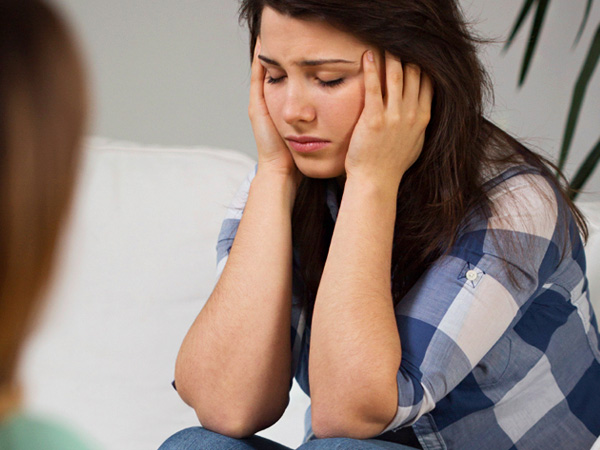Women’s mental health is a critical area of focus, as women often face unique challenges that can impact their psychological well-being. Biological differences, societal pressures, and life experiences all contribute to mental health issues that may manifest differently in women than in men. Addressing these issues is essential for improving the overall health and quality of life for women across all stages of life.
Causes of Mental Health Issues in Women
Mental health issues in women can arise from a combination of biological, psychological, and social factors. Some of the key causes include,
- Hormonal Changes
- Major life changes such as marriage, motherhood, and aging can bring about stress, anxiety, and depression.
- Societal expectations related to appearance, career, family, and relationships can lead to feelings of inadequacy, stress, and low self-esteem.
- Trauma and Abuse
- Balancing multiple roles, such as being a caregiver, professional, and homemaker, can lead to chronic stress and burnout.
Common Symptoms
- Depression: Persistent sadness, loss of interest in activities, feelings of worthlessness, fatigue, and changes in appetite or sleep patterns.
- Excessive worry, restlessness, irritability, muscle tension, and difficulty concentrating.
- Rapid changes in mood, often related to hormonal fluctuations.
- Panic Attacks: Sudden episodes of intense fear, accompanied by physical symptoms like a racing heart, shortness of breath, and sweating.
- Unhealthy eating habits or an obsession with weight and body image, such as in anorexia, bulimia, or binge eating disorder.
- Postpartum Depression: Severe mood swings, anxiety, and depression following childbirth, affecting a woman’s ability to care for herself and her baby.
Treatments for Women’s Mental Health Issues
Treatment for mental health issues in women often involves a combination of therapies tailored to the individual’s needs. Key treatments include:
- Psychotherapy: Also known as talk therapy, this includes various forms such as cognitive-behavioral therapy (CBT), dialectical behavior therapy (DBT), and interpersonal therapy (IPT), which help women address the underlying issues contributing to their mental health problems.
- Medication: Antidepressants, anti-anxiety medications, and other psychiatric drugs can be prescribed to help manage symptoms. Hormone therapy may also be considered in cases where hormonal imbalances contribute to mental health issues.
- Medication: Encouraging regular exercise, a healthy diet, and sufficient sleep can significantly improve mental health. Mindfulness practices and stress management techniques, such as meditation or yoga, are also beneficial.
- Holistic Therapies: Complementary therapies such as acupuncture, massage, and herbal supplements may be used alongside conventional treatments to support mental well-being.
- Education and Awareness:
